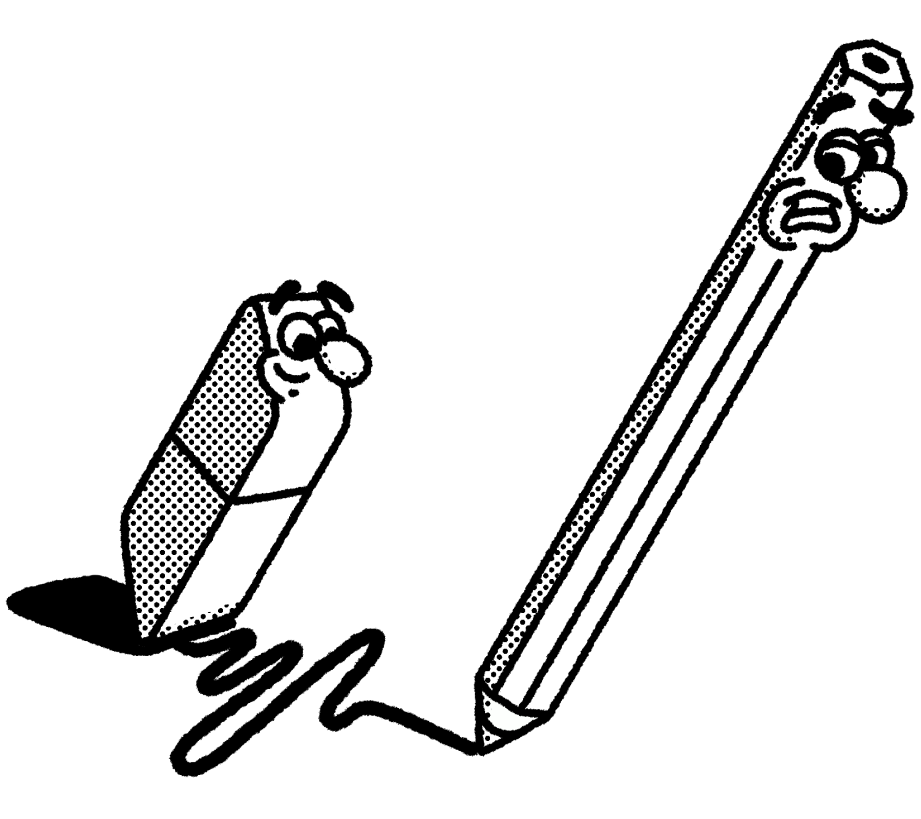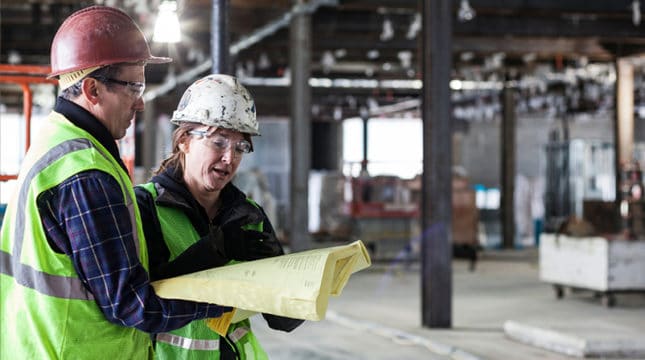Pennsylvania’s 1.1 million small businesses are key to driving the state’s economy. They employ nearly half of the state’s workforce and include workers across most industries.1
All of these companies need business insurance to protect their bottom line and their employees, whether they’re professional services firms in Harrisburg or construction workers in Scranton.
Small business insurance in Pennsylvania can help provide a financial safety net after unforeseen events, such as:
- Injuries to your employees or others
- Property damage
- Accusations of professional mistakes
- Business-related auto accidents
NEXT is 100% dedicated to small business and insures more than 1,300 types of small businesses and self-employed workers. We make it easy for you to get the right coverage at the right price and purchase your policy online in less than 10 minutes.*
Continue reading to learn about important types of business insurance in Pennsylvania. Or get a free instant quote to see customized coverage options for your business.

















